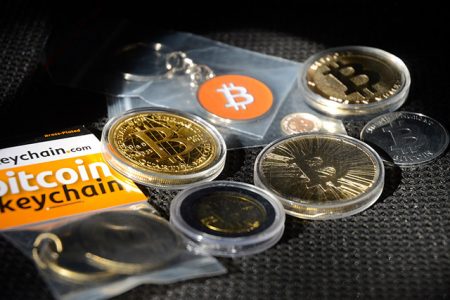Chinese biggest bitcoin exchanges unveiled on Sunday they will impose trading fees, as the government is tightening control over digital currency.
BTCC, OkCoin and Huobi have announced via their websites that they will start charging a trading fee this Tuesday. Traders will now have to pay a fee of 0.2% per each transaction.
As the exchanges noted, the penalty will help to prevent high volatility and curb manipulation in the virtual currency market.
“We’ve already conducted ‘deleveraging.’ To further curb speculation and reduce volatility, Huobi is also actively communicating with other domestic and foreign exchanges to improve operational mechanisms and charging mechanisms, among which trading fees are also being considered,” Huobi wrote on its website.
Until now, traders in China were able to buy and sell high volumes of virtual currency without paying any fees, what has been one of the main reasons for the success of domestic exchanges. Besides, digital currency was the main option to circumvent capital control in China what has driven capital outflows.
During the first days of the year, the price of bitcoin reached its near-record high and was traded at around $1,184. However, it fell sharply after the central bank unveiled plans to impose stricter rules for cryptocurrency exchanges. The value decreased by around 10% after the PBOC has posted a statement on its website. Meantime, China’s currency dropped by 7% against the US dollar in 2016, showing its worst performance since 1994.
Following an upturn in cryptocurrency trading volumes, the exchanges faced an increased attention of Chinese regulators. The People’s Bank of China (POBC) announced its plans to stem capital outflow to prevent further decline of national currency. The bank conducted meetings with representatives of Huobi, OKCoin, and BTC China to check whether there is market manipulation, unauthorized financing, financial security risk, money laundering, or other issues.
A few days ago, PBOC investigators said they discovered some violations in the operations of the exchanges. According to preliminary checks, BTC China provided loans, which is beyond the scope of its business. Besides, the inspection showed that the three exchanges offered margin trade, which violates the country’s rules and is a cause of bitcoin’s recent volatility.
While Chinese government is tightening control over bitcoin companies, New York Department of Financial Services grants the virtual currency and money transmitter license for Coinbase, the US major bitcoin exchange. It became the largest bitcoin company to receive the approval. Earlier, the Department also granted licenses to Ripple, Circle Internet Financial, Gemini Trust Company and itBit Trust Company.
Bitcoin is currently traded at $921, according to Coinmarketcap.
next